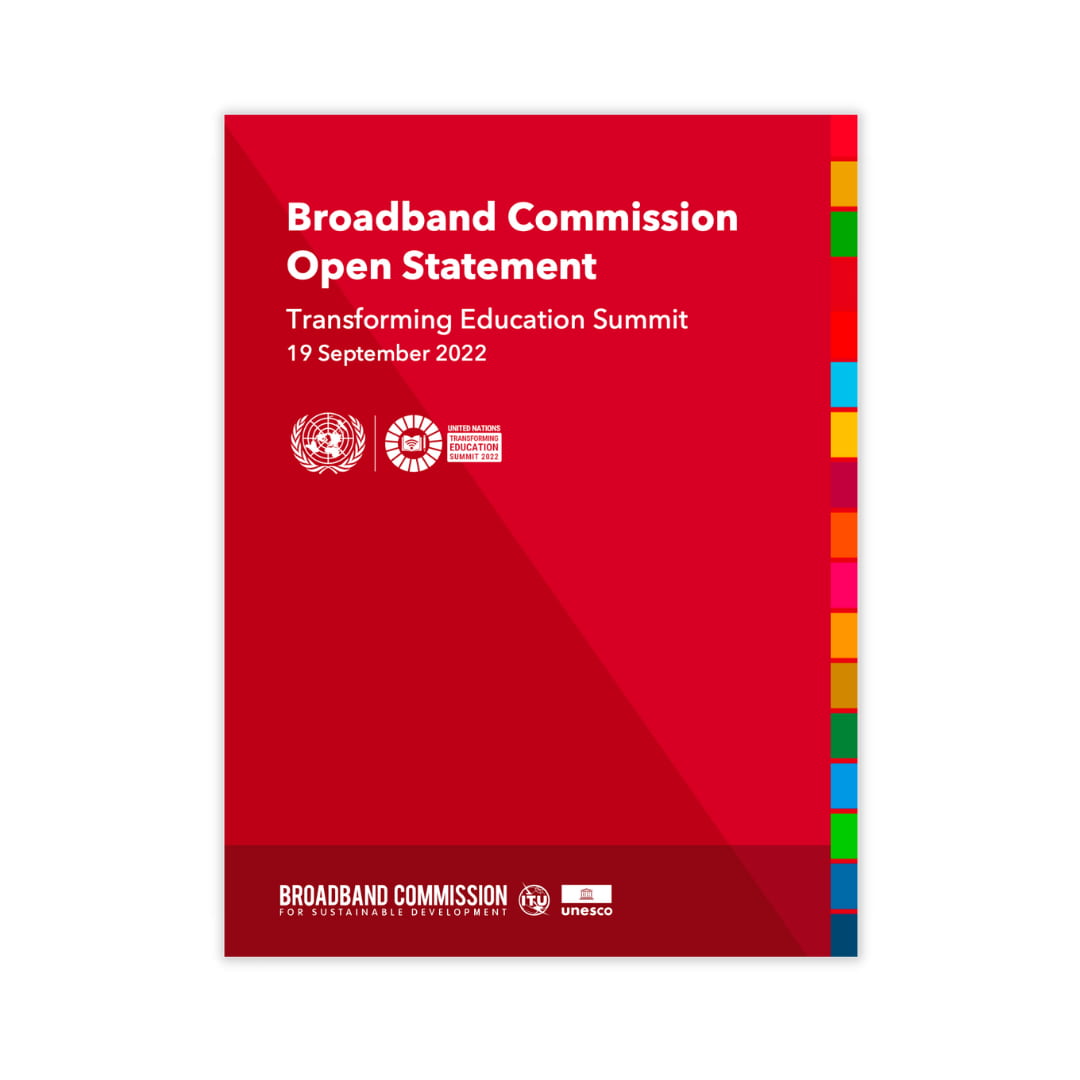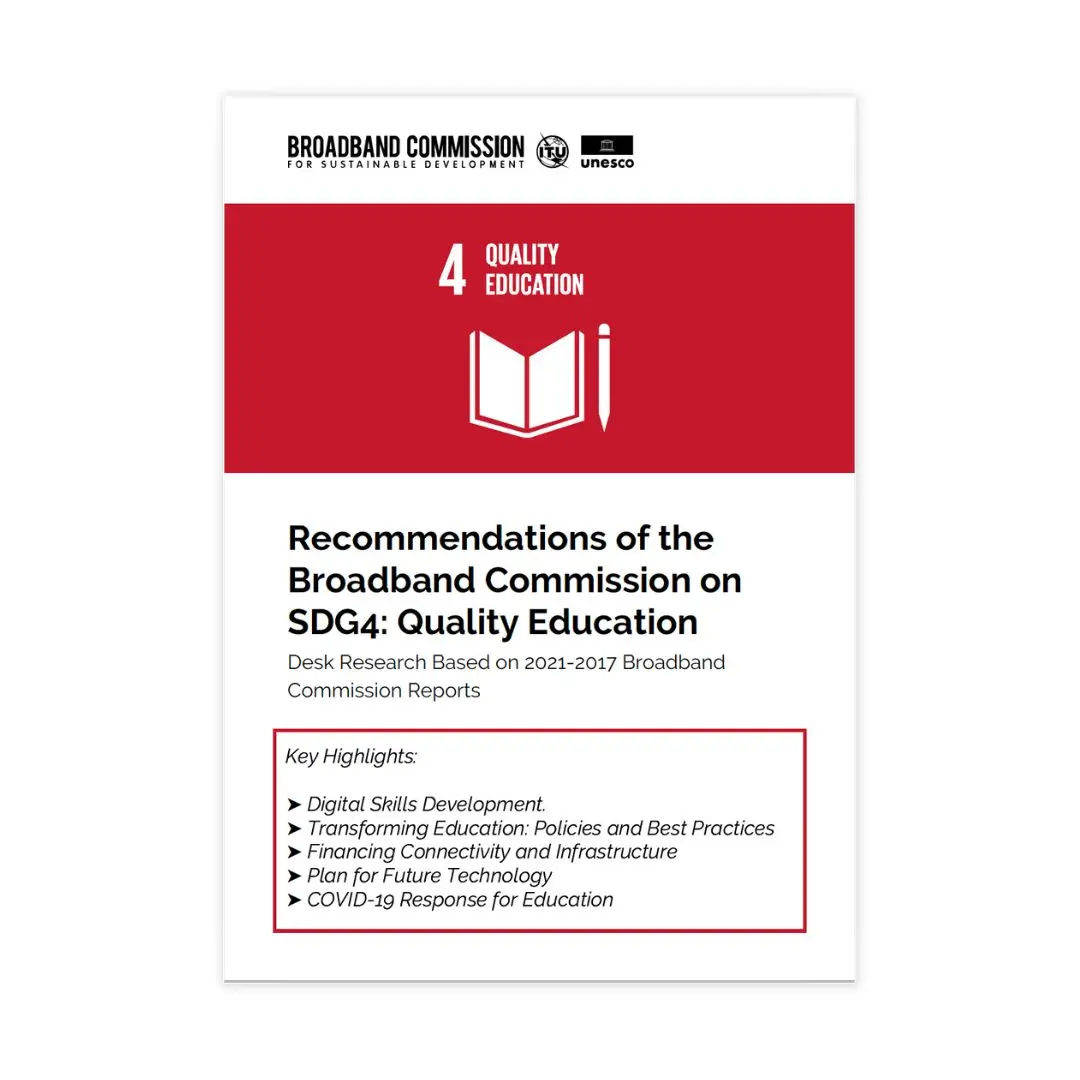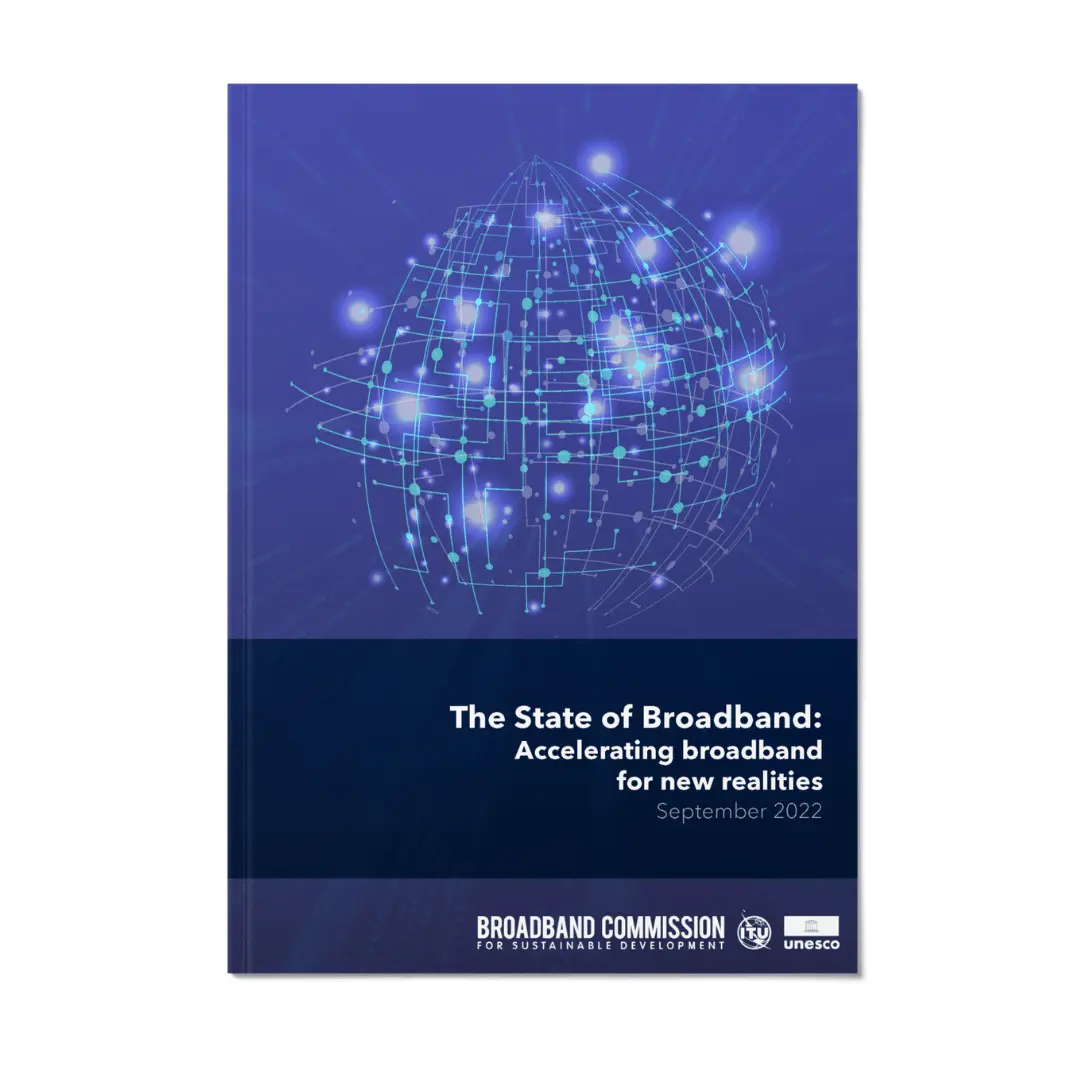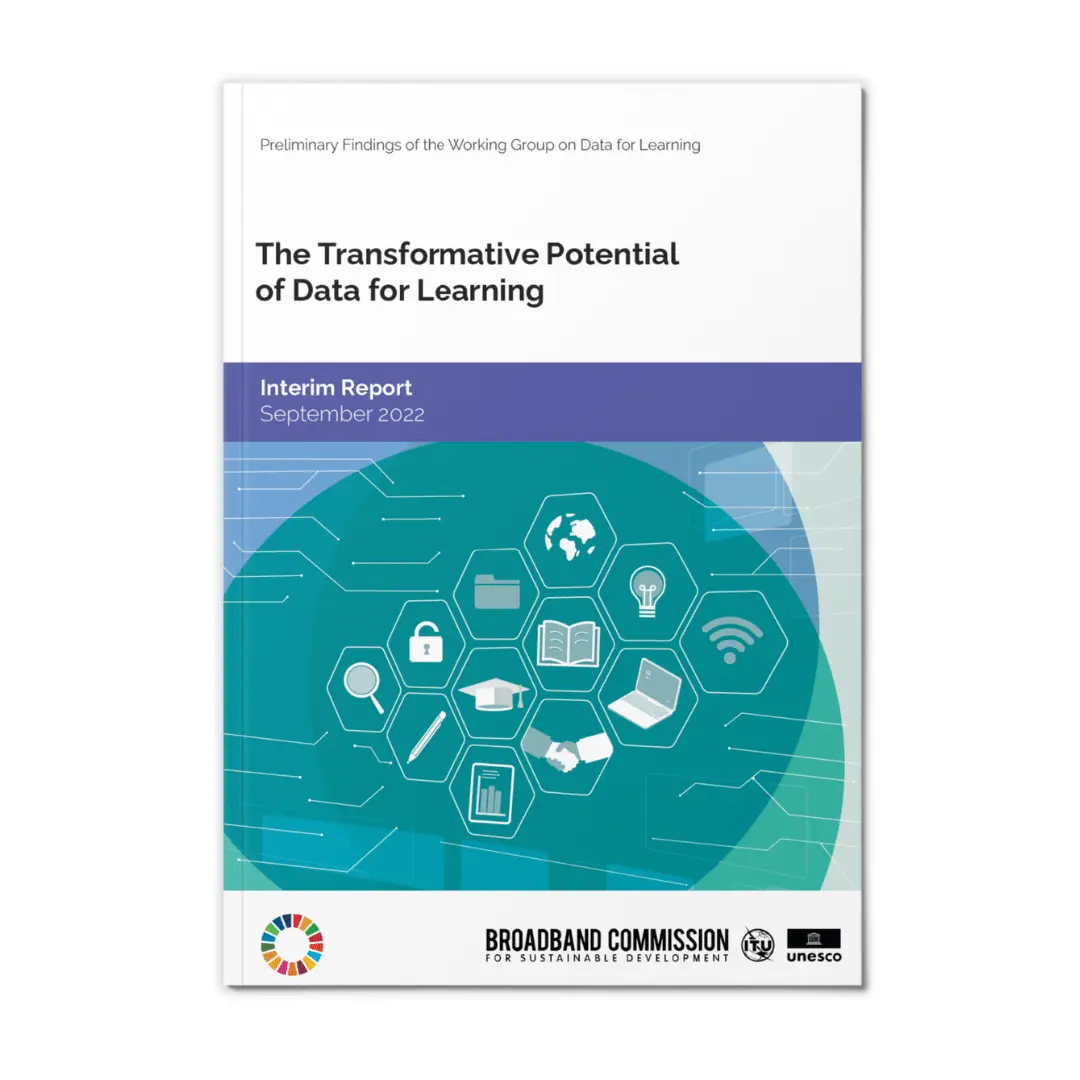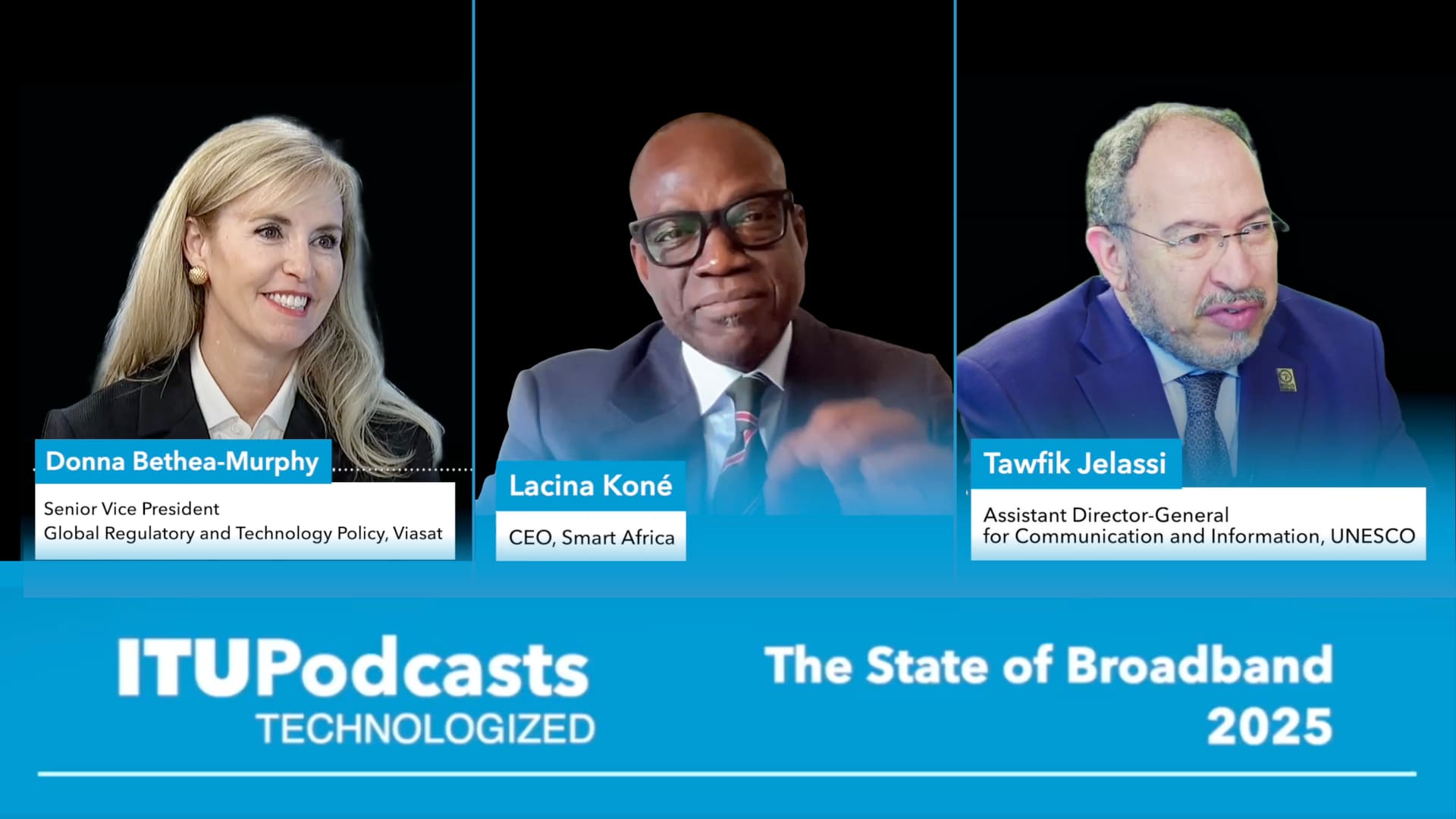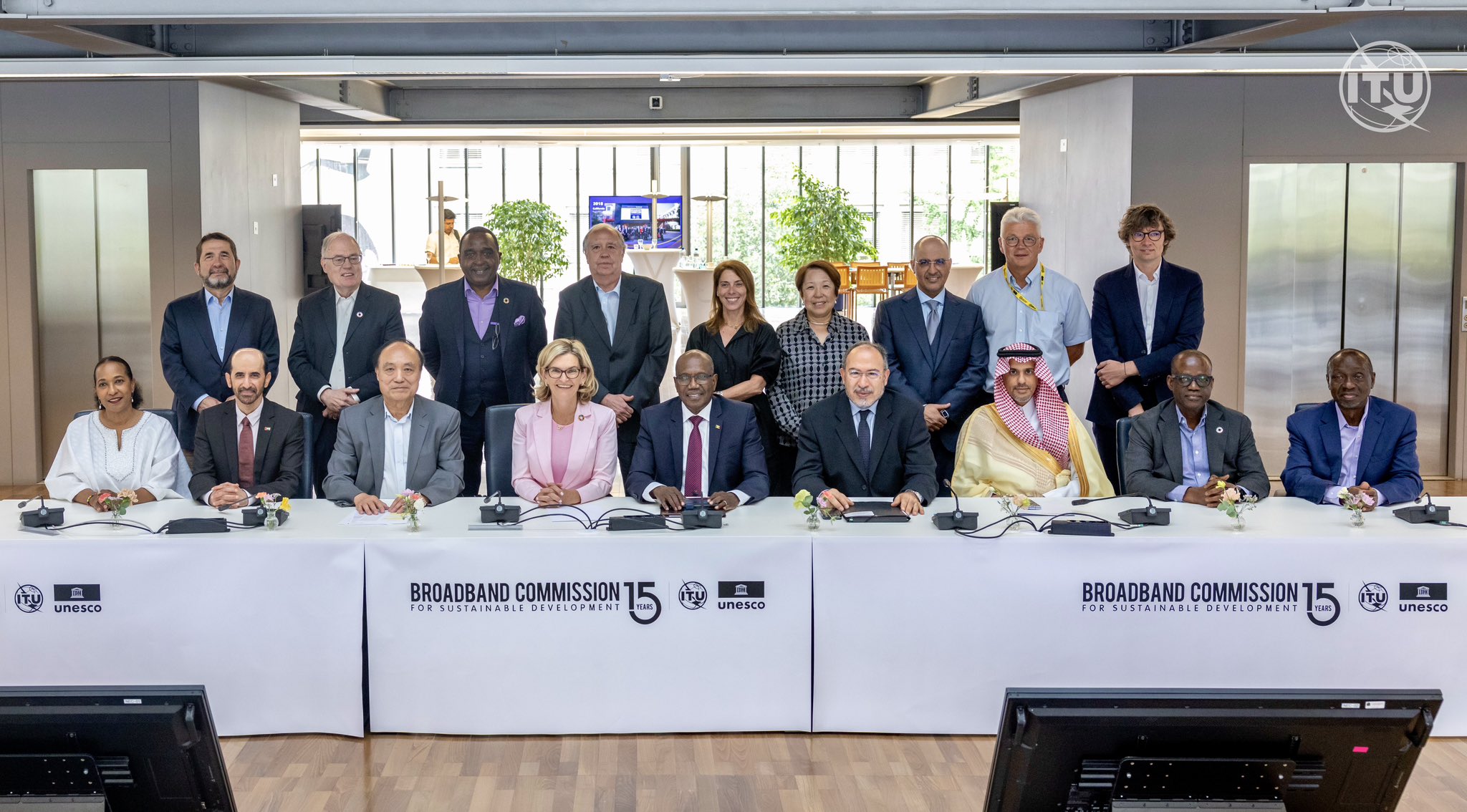
Digital seen as fundamental to the future of education
This September, alongside the 77th Session of the United Nations General Assembly, the world came together in New York City for the first Transforming Education Summit (TES). This conference was convened “in response to a global crisis in education – one of equity and inclusion, quality and relevance” after a June Pre-Summit in Paris set the stage.

Divided into four Thematic Action Tracks, the Transforming Education Summit identified Digital Learning and Transformation (Action Track 4) as a foundational pillar to the future of education and published its Call to Action on Digital Learning for All in alignment with this goal.
The Digital Learning and Transformation track calls on the power of connectivity and digital technology to help address the global education emergency, which affects us all. Digital technology can be a powerful tool for the positive transformation of teaching and learning, but this power requires unlocking the three ‘keys’ of digital learning: connectivity, capacities, and content. Access to universal broadband connectivity for teachers, learners, and learning spaces is at the core of this effort. Multi-stakeholder, multi-lateral partnerships play crucial roles in ensuring this expansion of connectivity centres the most marginalized.
“Instead of being the great enabler, education is fast becoming the great divider...We must push forward together, with a focus on tangible actions where it matters most: on the ground, in the classroom, and in the experience of teachers and learners alike.”
UN Secretary-General Antonio Guterres at the Transforming Education Summit
In response, the ITU/UNESCO Broadband Commission for Sustainable Development has issued an Open Statement detailing the organization’s commitment to achieving universal connectivity and sharing its research and recommendations developed for all stakeholders to consider when creating programming and policy affecting digital education.
About the Broadband Commission’s work on SDG4:
Since 2010, the Broadband Commission has been dedicated to reaching universal connectivity and contributing thought leadership on the topic, specifically in the field of education, publishing 8 reports focused on the role of connectivity in supporting education, youth and digital skills.
The Commission’s 4th Advocacy Target: Promote Digital Skills Development, states that ‘60% of youth and adults should have achieved at least a minimum level of proficiency in sustainable digital skills by 2025’, which are fundamental to ensuring meaningful participation and quality experiences in increasingly digitalized education systems.
A full list of SDG4: Quality Education, focused recommendations drawn from the Commission’s published works can be found here.
Aligned with the views of the Transforming Education Summit, the Commission believes that a multistakeholder approach is critical to reaching its targets, and has seen the success of this approach in action in many of the education-focused programs that have resulted from its Working Groups, including the Giga Initiative, EQUALS and the Child Safety Online Declaration. Outside of the work of the Commission, Commissioners continue to demonstrate their commitment to reaching our targets through additional initiatives, like the Gateways to Public Digital Learning initiative, launched by UNESCO and UNICEF at the Summit, with the goal of supporting countries in securing equitable access to digital learning resources.
Currently, the Commission hosts a Working Group on Data for Learning, led by its Co-Vice Chair and Director General of UNESCO, Ms. Audrey Azoulay. This group has set out to explore the potential assets and risks of Data for Learning, as well as the key challenges and tensions that must be considered. The group recently published an interim report entitled, The Transformative Potential of Data for Learning, detailing its findings and recommendations for unleashing the potential of data to improve teaching, learning, planning, and management, for further investigation over the next year.
At the 2022 Annual Fall Meeting of the Commission, held in tandem with the Transforming Education Summit, Commission members and leaders discussed the importance of access to quality education and the vital role the digital will play in ensuring inclusive and sustainable development. Connectivity, technological innovations and societal changes are enabling swift adaptation to the new realities of hybrid education, empowering learners through open education resources and data, but the need to ensure access in the most vulnerable countries and communities is critical to ensure no one is left behind.
This was also highlighted in the 2022 State of Broadband Report, Accelerating Broadband for New Realities, which calls for governments and the private sector to take steps to guarantee that all students have the necessary digital environment to support remote learning.

